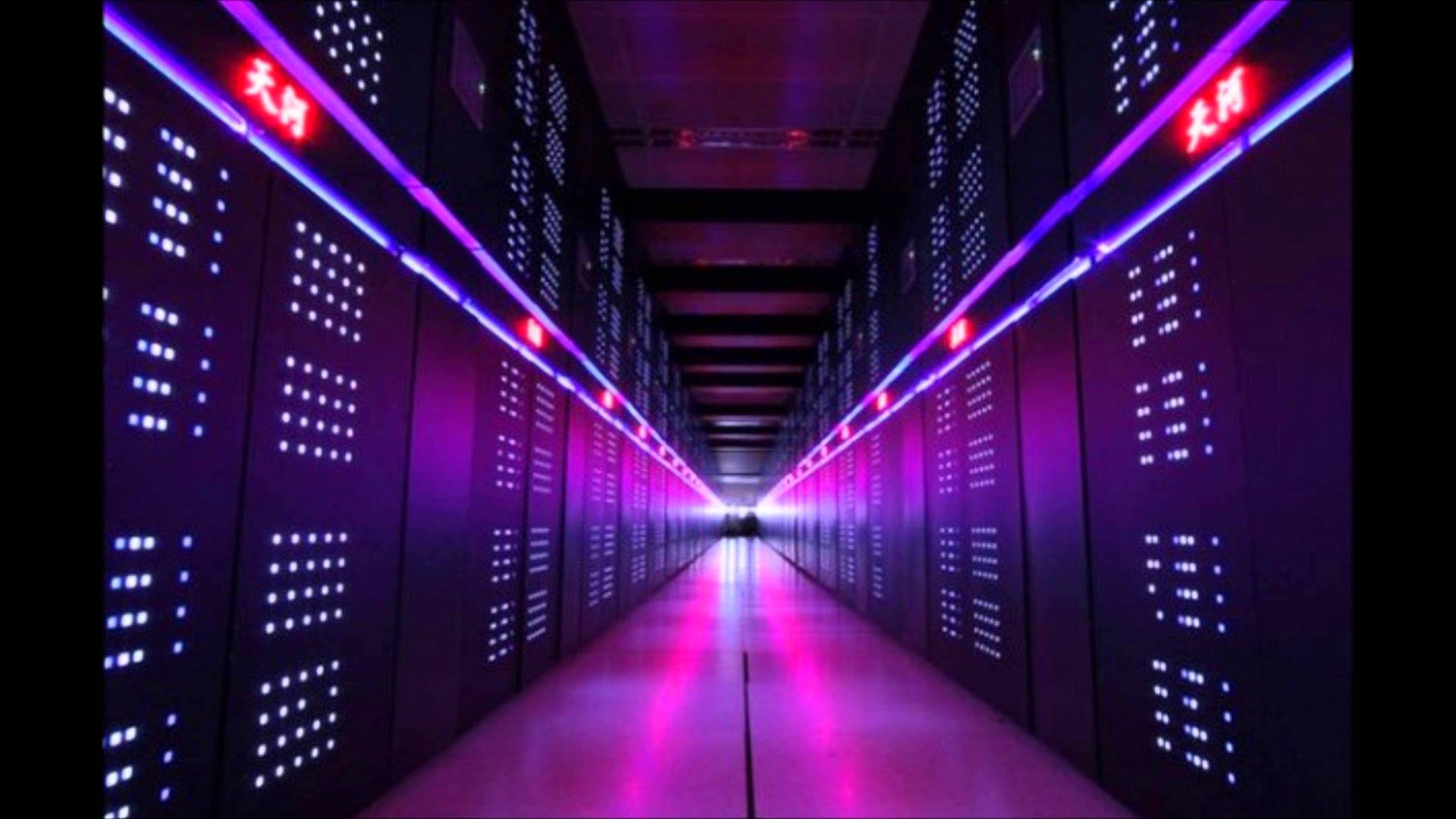
The record for the world’s fastest supercomputer is currently held by China’s Tianhe-2, a record the machine has adamantly maintained for the last 18 consecutive months. This year, it’s slated for an upgrade and Intel was contracted to export the tens of thousands of Xeon chips would be needed; only the US Department of Commerce has refused to let Intel fulfill the order on the premise that Tianhe-2, along with three other Chinese supercomputers, were being used for “nuclear explosive activities.”
Under US law, companies must apply for an export license with the Bureau of Export Administration (BXA) in the Department of Commerce, especially when dealing with the export and reexport of technical goods and data.
The notice proclaimed that the four supercomputers act “contrary to the national security or foreign policy interests of the United States,” referring specifically to the “design, development or fabrication” of nuclear weapons.
Tianhe-2 currently uses 80,000 of Intel’s Xeon chips to achieve a computational performance equivalent to 33 petaflops; one petaflop is equal to approximately one quadrillion calculations per second. Had the contract been fulfilled, it would have raised the processing power to 110 petaflops.
On the contrary, Intel has just signed a $200 million with the US government to build a domestic supercomputer for the Argonne National Laboratory in Illinois. This new machine, called the Aurora supercomputer, will have a beastly 180 petaflops. According to its website, Aurora will be used by the “global” scientific and engineering research community for the purpose of “finding alternative energy sources to treating diseases to developing high-tech materials.”
Source: BBC
Advertisement
Learn more about Electronic Products Magazine





